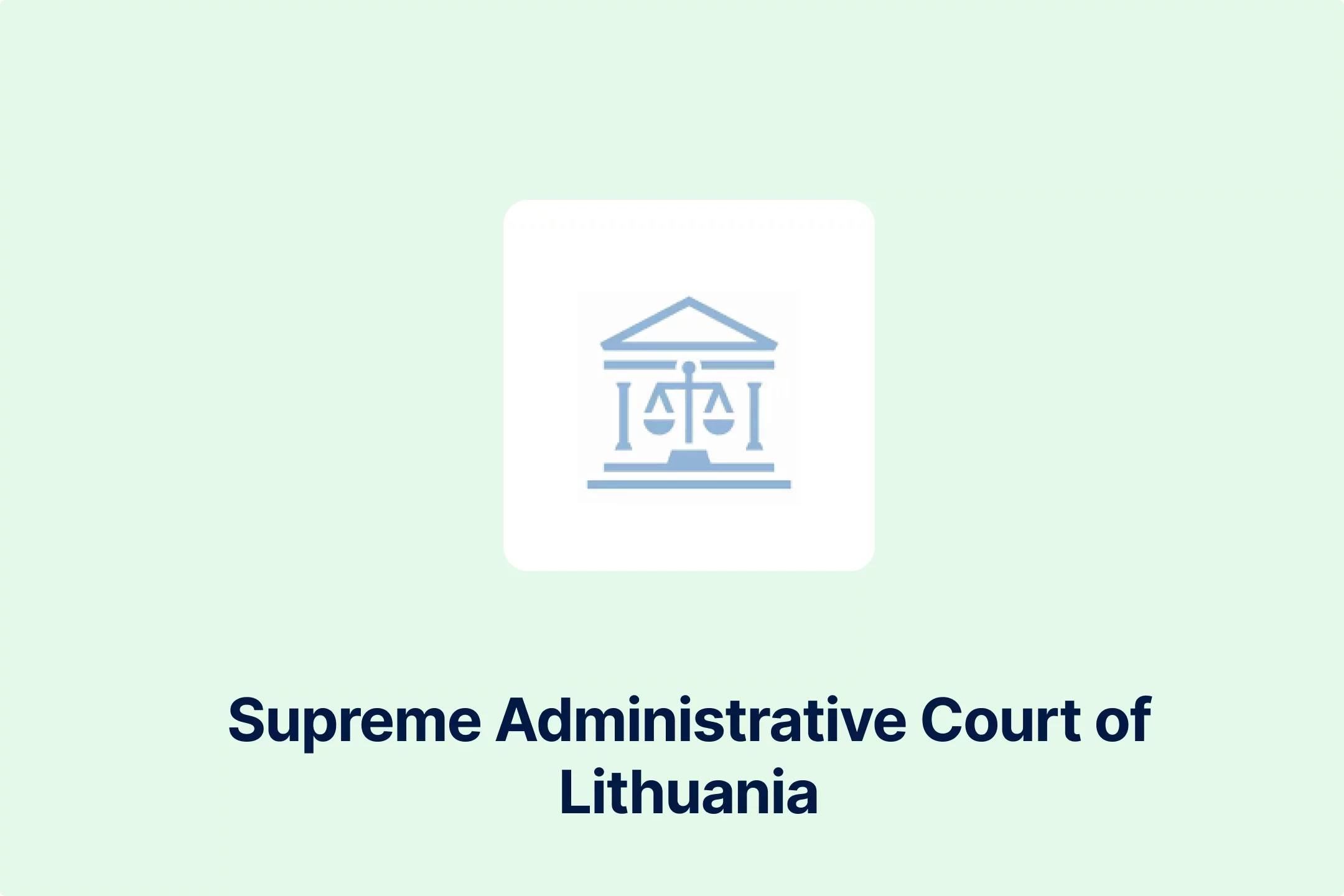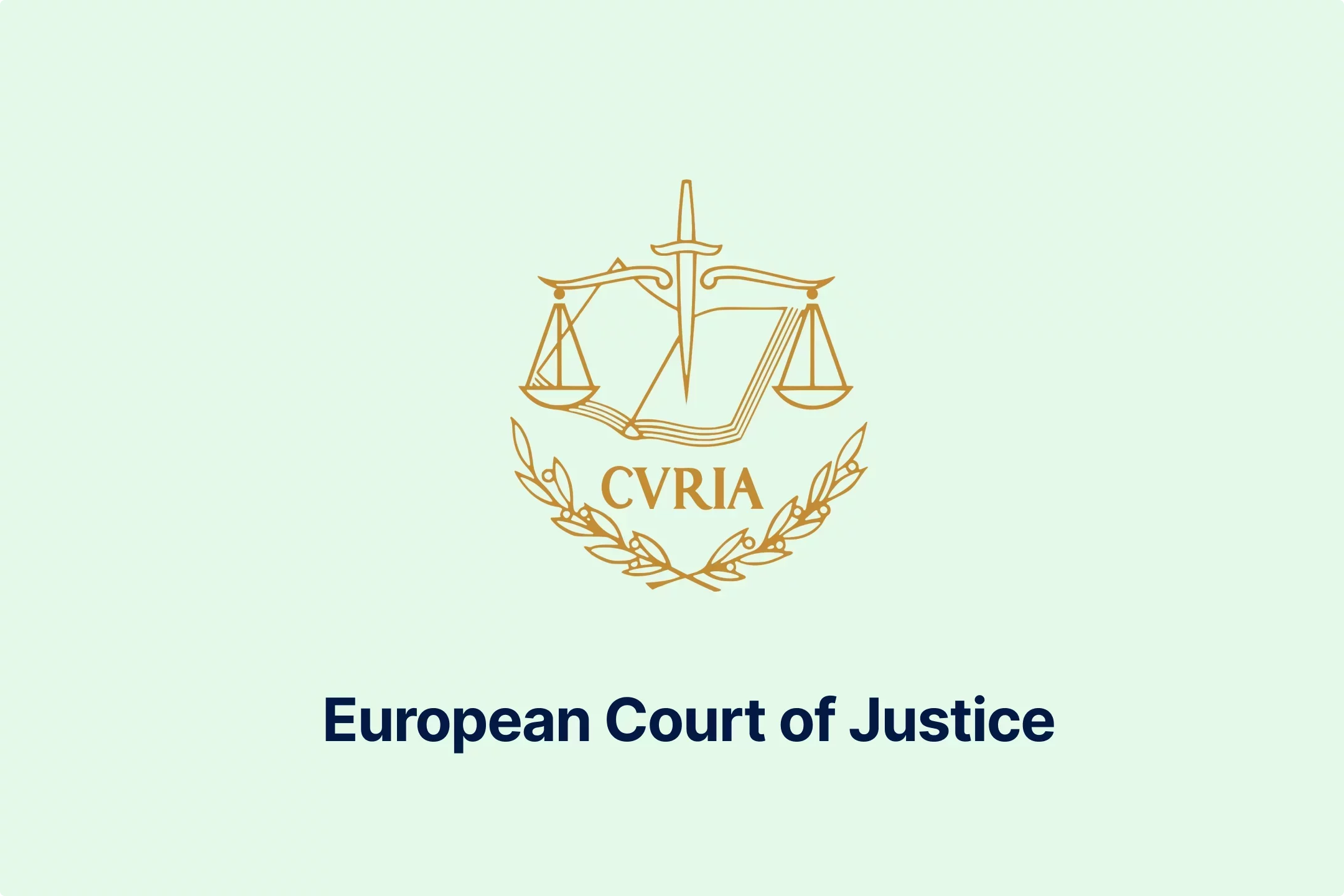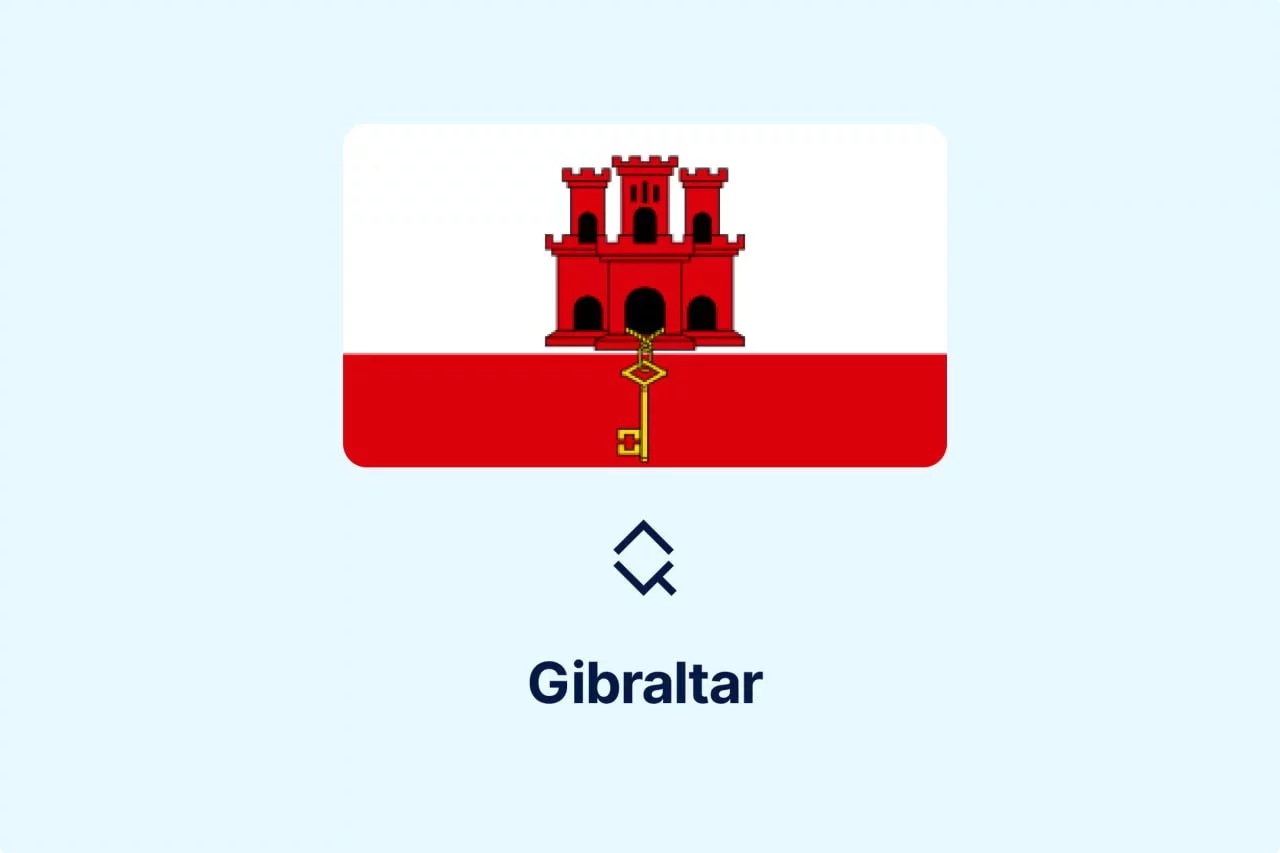Tax Treatment of Extended Warranties & VAT Exemptions | Radio Popular ECJ Case Analysis

🎧 Prefer to Listen?
Get the audio version of this article and stay informed without reading - perfect for multitasking or learning on the go.
The case between Rádio Popular – Electrodomésticos SA (Radio Popular) and the Portuguese Tax and Customs Authority concerns a dispute over whether transactions involving the intermediation of extended warranties for the sold household appliances and computer equipment constitute insurance transactions.
An additional issue in this case is whether such transactions can be treated as financial transactions and whether they can be excluded when calculating the apportionment of input VAT between taxable and VAT-exempt supplies.
Background of the Case
Radio Popular is a Portuguese-based limited company that sells household electrical appliances and other computer and telecommunications equipment. In addition to selling appliances and equipment, the company offers its consumers a range of additional services, including warranty extensions on purchased products.
The warranty extension is provided through an insurance contract, whereby the insurance company guarantees to the consumer, in the event of a claim, the repair of the goods purchased or, in some cases, their replacement, for a period beyond the warranty period provided by the manufacturer.
The insurance contract is concluded between the insurance company and the consumer, whereas Radio Popular acts as an intermediary in selling insurance products. Therefore, Radio Popular charges consumers, and warranty extensions are sold in conjunction with the goods.
Certain that the sales of warranty extensions fall under the scope of insurance transactions, which are VAT-exempt, the company did not pay VAT on those transactions but did deduct the input VAT paid for all its activities in full during the financial years 2014 to 2017.
After the Tax Authority conducted a tax audit for those financial years, it concluded that the company had wrongly deducted all the VAT paid, on the grounds that the sales of warranty extensions were VAT-exempt, and therefore not legally entitled to deduct VAT. Consequently, the Tax Authority issued four tax assessments, requesting payment of VAT and interest totaling EUR 356,433.05.
Following such a request, Radio Popular requested the establishment of an arbitration tribunal, claiming that those assessments are unlawful. The decision-making fell on the Tax Arbitration Tribunal (Tribunal).
Radio Popular claimed that the sales of warranty extensions constitute financial transactions that are incidental to the main activity of selling household appliances and other equipment. Following such reasoning, the company stated that such transactions are VAT-exempt under the EU VAT Directive.
On the other hand, the Tax Authority claimed that Rádio Popular regularly sells warranty extensions and earns approximately 35% of the amount paid by each consumer of a warranty extension. Therefore, the Tax Authority concluded that such activities are not incidental to the sale of electronic appliances and computer equipment and are thus subject to VAT.
Since it had concerns about the VAT treatment of services provided by Radio Popular regarding the sales of household electrical appliances, in combination with intermediation in selling extended warranties for those appliances, the Tribunal decided to pause the proceeding and refer a question to the European Court of Justice (ECJ).
Main Questions from Request For Ruling
The main question that the Tribunal referred to the ECJ was whether the intermediation services should be considered financial transactions, either directly or under the principles of VAT neutrality and competition. Moreover, the Tribunal asked whether the revenue from such services should be excluded from the calculation of the VAT deductible proportion, under Article 135(1)(b) or (c) of the VAT Directive.
In other words, the Tribunal requested clarification on whether such intermediation qualifies for a VAT exemption and, if so, how it affects the overall VAT deduction calculation for the business.
Applicable EU VAT Directive Article
To determine whether these services and revenues are exempt from VAT, the ECJ considered Articles 1(2), 135(1), 173, and 174(1) and (2) of the EU VAT Directive.
According to Article 1(2), VAT is applied to transactions based on the price of the goods or services, at the applicable rate, after deducting the VAT already incurred on the costs related to those transactions. Article 135(1), which is the main article in question, sets out specific types of transactions that must be exempt from VAT by EU countries, including insurance and related services.
Articles 173 and 174(1) outline the rules for determining the amount of VAT a business can deduct when using goods or services for both taxable and exempt transactions, that is, transactions that are deductible or non-deductible, and how to calculate the deductible proportion, respectively. Additionally, Article 174(2) defines which revenues are excluded from this calculation, including incidental financial transactions.
Portugal National VAT Rules
Regarding the Portuguese national VAT regulations, Articles 9 and 23 of the VAT Code were the central points for the discussion on the referred question. These Articles align Portuguese VAT rules with the rules set in Articles 135, 173, and 174 of the EU VAT Directive.
Importance of the Case for Taxable Persons
The case may be relevant for taxable persons who provide additional services in conjunction with their primary activities, particularly for those operating in the retail sector.
As the case provides an answer to the question of when a VAT-exempt financial service, such as the intermediation of warranty insurance, qualifies as merely incidental to a taxable activity and when it becomes substantial, it has a direct impact on the taxable person's right to deduct input VAT.
In addition to providing valuable clarifications for taxable persons operating in the retail sector that offer supplementary services to their consumers, the case also provides value for insurance companies, insurance brokers, and agents by interpreting specific key EU VAT Directive articles on VAT exemption for insurance and financial services.
Analysis of the Court Findings
At the beginning of its ruling, the ECJ emphasized that both the Radio Popular and the Tax Authority agreed that the intermediation transactions involving the sale of warranty extensions fall under Article 135(1)(a) of the VAT Directive, i.e., that they are insurance-related and therefore exempt from VAT.
However, the ECJ noted that simply being VAT-exempt does not automatically determine their treatment in the calculation of the VAT deductible proportion. The main issue at question is whether these transactions, although VAT-exempt, should be excluded from the denominator in the deductible VAT calculation under the derogations listed in Article 174(2). Notably, Article 174(2) does not explicitly include insurance transactions among the exemptions.
Furthermore, the ECJ underlined that the exemptions outlined in Article 135(1) of the EU VAT Directive must be interpreted strictly, requiring EU countries to exempt from VAT insurance and reinsurance transactions, as well as related services performed by insurance brokers and insurance agents. The primary reason for this is that these exemptions represent exceptions to the overarching rule that VAT applies to all services provided for payment by a taxable person in the course of their business activities.
The ECJ stated that the defining feature of insurance transactions is the contractual relationship between the insurer and the insured party, which must be direct and binding. In the present case, Radio Popular is not a party to the contract. Instead, it acts as an intermediary between the consumer and the insurer, and the insured risk lies entirely with the insurance company, not Rádio Popular.
Therefore, the critical determining factor is whether Rádio Popular’s role as an intermediary falls within the definition of related services performed by insurance brokers and insurance agents. To fall under the scope of Article 135(1), additional services must meet two cumulative conditions. The first one is that additional services must be related to insurance transactions, and the second is that insurance brokers and agents must perform them.
The term 'related' can be interpreted broadly to include a range of services connected to the execution of insurance transactions, such as claim settlement. In other words, additional services must be closely linked to the insurance function itself.
From that perspective, the ECJ concluded that warranty extensions are, in essence, insurance agreements between the insurer and the customer, where the insurance company assumes the risk. Therefore, they are considered related to an insurance transaction.
Regarding the second condition for VAT exemption, the ECJ clarified that the determination should not strictly rely on formal designation or title. The substance and the nature of the service provided are key determining factors. More specifically, what matters is not whether the person holds the official status of broker or agent, but whether their activities fulfill the functions typically associated with intermediaries.
In this case, according to the ECJ, since Radio Popular had direct contact with the insurer and the consumer as the insured party, it had essential tasks of an insurance agent. Therefore, the company met both crucial conditions.
Nevertheless, it is still necessary to address the issue of whether such insurance-related services could be treated, in light of the principle of fiscal neutrality, which prohibits different VAT treatment for similar and competing services, as incidental financial transactions that would affect the calculation of deductible VAT.
Courts Final Decision
The ECJ ruled that Article 174(2)(b) and (c) of the EU VAT Directive, when read together with Article 135(1), do not apply to intermediation services in the sale of warranty extensions provided by a taxable person as part of their primary retail activity. Consequently, the turnover from such transactions must be included in the total denominator when calculating the deductible VAT proportion.
The main reason behind the ECJ's conclusion is that insurance transactions cannot be treated in the same manner as financial transactions when applying the deduction rules under Article 174(1) of the EU VAT Directive.
Conclusion
Considering the unique aspects of this case, primarily the intersection between the retail sector and insurance services as supplementary services, the ruling provides clarity for taxable persons offering ancillary services linked to their main commercial activities.
More specifically, it determines that when insurance-related services, including the sale of warranty extensions, are provided as part of a core business activity, such as the sale of home appliances and computer equipment, rather than as incidental financial services, turnover from these services must be included in VAT deduction calculations.
Source: Case C‑695/19 - Rádio Popular – Electrodomésticos SA v Tax and Customs Authority, EU VAT Directive, Deloitte

More News from Europe
Get real-time updates and developments from around the world, keeping you informed and prepared.
-e9lcpxl5nq.webp)








-3rcczziozt.webp)

-rvskhoqpms.webp)




-a5mkrjbira.webp)

-ivkzc1pwr4.webp)




-hssrwb5osg.webp)



-c06xa1wopr.webp)









-webajrr4ny.webp)
-evibmwdwcn.webp)
-7acdre0hop.webp)

-lcgcyghaer.webp)
-ol6mdkdowg.webp)
-aqdwtmzhkd.webp)

-njgdvdxe2u.webp)



-i6rki3jbad.webp)
-hdwgtama05.webp)

-atbhy5fyxv.webp)






-zp2n6zixoa.webp)
-oa1ynbm4sn.webp)


-lltkno6txy.webp)



-do38odrqnq.webp)

-t409oldqzt.webp)

-hordopb6xh.webp)

-ooimnrbete.webp)

-lwb5qpsily.webp)


-eumafizrhm.webp)

-mtqp3va9gb.webp)

-3ewrn1yvfa.webp)
-591j35flz2.webp)

-huj3cam1de.webp)


-hafis0ii23.webp)

-qseaw5zmcy.webp)



-qzsah2ifqx.webp)


-69rzooghib.webp)
-wrvng98m0g.webp)


-psucycuxh2.webp)
-klyo8bn5lc.webp)




-6wv5h5eyyd.webp)
-tfgg78rbid.webp)
-a6jpv9ny8v.webp)
-qhdbapy0qr.webp)


-owvu7zoc13.webp)


-h28jrh1ukm.webp)

-wl9bl1rw3a.webp)

-2w76jtvtuk.webp)

-c0uvrmrq9j.webp)



-pofe7ucwz3.webp)



-5cc23ezxyf.webp)
-rrmabbekeb.webp)








-iyyeiabtaf.webp)
-c8rbjkcs01.webp)
-nilkffjhah.webp)

-hikakq55ae.webp)

-z1d60bldtg.webp)
-d1a0q6n7mp.webp)
-viip8nvoeh.webp)
-bvv1otliox.webp)



-de8hdb1bn3.webp)
-7xsxxoypnx.webp)

-cm0opezg73.webp)
-0tovsdupmi.webp)
-subxdamdj6.webp)


-gly6ablwnh.webp)
-gkduqhwbzh.webp)
-qpe1ld9vcj.webp)
-8noukwsmba.webp)
-aka29tuhkt.webp)


-fisvs27yrp.webp)


-mp0jakanyb.webp)

-aivzsuryuq.webp)



-o7f4ogsy06.webp)

-zjja92wdje.webp)
-hrbhdts8ry.webp)
-qtdkwpgkug.webp)


-cf8ccgah0p.webp)
-0em3cif5s6.webp)





-ptzesl0kij.webp)

-tfzv42pyms.webp)







-uodv7sfbih.webp)
-bbrdfmm9qf.webp)



-m2tl8crfqr.webp)




-1awbqjgpjs.webp)
-avbjsn1k1g.webp)


-0h8ohkx6s0.webp)



-wfmqhtc7i6.webp)
-7wljbof2zo.webp)

-eqt97uyekl.webp)
-wzw9mcf563.webp)

-z4oxr6i0zd.webp)




-l0zcrrzvhb.webp)
-fhtic1pwml.webp)

-iipdguuz9p.webp)
-nkhhwrnggm.webp)
-pltqwerr3w.webp)

-nn6mtfbneq.webp)

-tmnklelfku.webp)



-8z1msbdibu.webp)
-7g16lgggrv.webp)



-lxcwgtzitc.webp)
-9mc55kqwtx.webp)


-xla7j3cxwz.webp)
-jrdryw2eil.webp)






-t9qr49xs2u.webp)


-qjopq5jplv.webp)



-vune1zdqex.webp)

-qsozqjwle2.webp)
-rgjta7iwiv.webp)

-zb6bxxws47.webp)
-lyfjzw4okp.webp)

-ogpfmol5m1.png)


-czisebympl.png)

-zetvivc79v.png)
-ud7ylvkade.png)
-qizq6w2v5z.png)







-ihr6b4mpo1.webp)
-k1j4au0ph6.webp)
-swxxcatugi.webp)


-ig9tutqopw.webp)

-tauoa6ziym.webp)

-spr0wydvvg.webp)

-xfuognajem.webp)





-u2nv5luoqc.webp)








-opuxpan2iu.webp)




-kwttsfd8ow.webp)
-8u14qi10nj.webp)

-wjpr96aq5g.webp)

.png)

.png)


.png)


.png)



.png)
.png)
.png)
.png)
.png)

.png)
.png)




.png)
.png)




































































































































